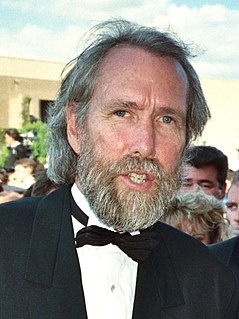A Quote by Paul Celan
A poem, as a manifestation of language and thus essentially dialogue, can be a message in a bottle, sent out in the –not always greatly hopeful-belief that somewhere and sometime it could wash up on land, on heartland perhaps. Poems in this sense too are under way: they are making toward something. Toward what? Toward something standing open, occupiable, perhaps toward an addressable Thou, toward an addressable reality.
Related Quotes
A poem, being an instance of language, hence essentially dialogue, may be a letter in a bottle thrown out to the sea with the-surely not always strong-hope that it may somehow wash up somewhere, perhaps on the shoreline of the heart. In this way, too, poems are en route: they are headed towards. Toward what? Toward something open, inhabitable, an approachable you, perhaps, an approachable reality. Such realities are, I think, at stake in a poem.
Remember that you ought to behave in life as you would at a banquet. As something is being passed around it comes to you; stretch out your hand, take a portion of it politely. It passes on; do not detain it. Or it has not come to you yet; do not project your desire to meet it, but wait until it comes in front of you. So act toward children, so toward a wife, so toward office, so toward wealth.
People do not drift toward Holiness. Apart from grace-driven effort, people do not gravitate toward godliness, prayer, obedience to Scripture, faith, and delight in the Lord. We drift toward compromise and call it tolerance; we drift toward disobedience and call it freedom; we drift toward superstition and call it faith. We cherish the indiscipline of lost self-control and call it relaxation; we slouch toward prayerlessness and delude ourselves into thinking we have escaped legalism; we slide toward godlessness and convince ourselves we have been liberated.
We must move from ... the primacy of technology toward considerations of social justice and equity, from the dictates of organizational convenience toward the aspirations ofself realization and learning, from authoritarianism and dogmatism toward more participation, from uniformity and centralization toward diversity and pluralism, from the concept of work as hard and unavoidable, from life as nasty, brutish, and short toward work as purpose and self~fulfillment, a recognition of leisure as a valid activity in itself.
... social roles vary in the extent to which it is culturally permissible to express ambivalence or negative feelings toward them.Ambivalence can be admitted most readily toward those roles that are optional, least where they are considered primary. Thus men repress negative feelings toward work and feel freer to express negative feelings toward leisure, sex and marriage, while women are free to express negative feelings toward work but tend to repress them toward family roles.






































